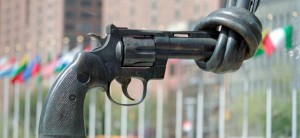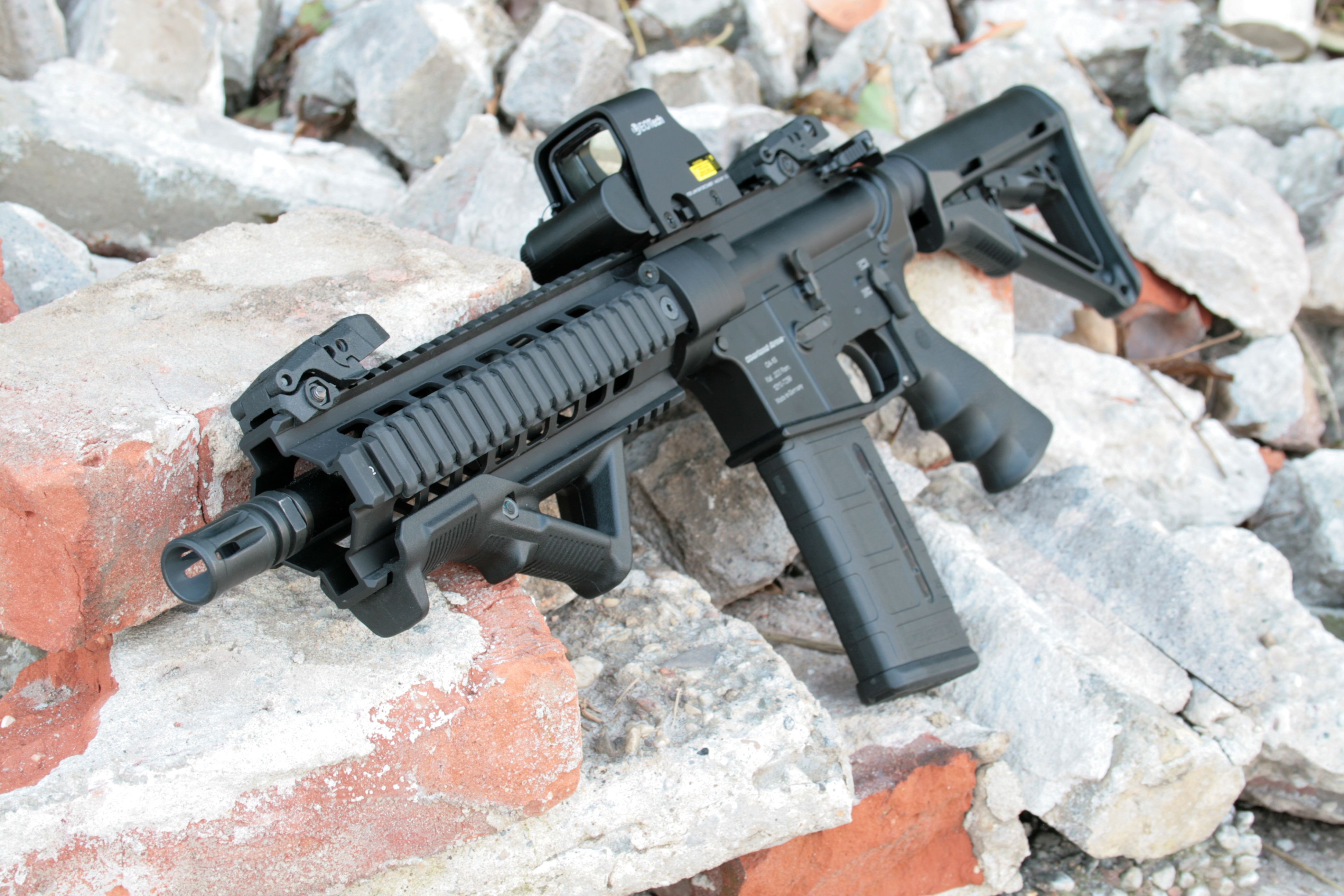By: Yuliya Bila
The first priority of any politician is to get in office and stay in office. In a democratic society, this fundamental nature of politics is reflected in the greater degree of politicization in the decision-making process prior to critical elections. Decisions made during a political campaign are undertaken to garner support among the undecided electorate who are concerned with a particular policy. Bush, for example, allegedly pressured the Secretary of Homeland Security to raise the terror rating during his 2004 campaign, believing that a state of alert would increase his prospects of reelection. The Obama administration has been guilty of this political game as well; by now, most foreign affairs enthusiasts are well aware of the President’s “hot mike moment” in March when discussing the future of missile defense with the outgoing Russian President, Dmitriy Medvedev. This involuntary sound bite revealed Obama’s preference to delay addressing such sensitive issues until his own security as a two-term president is assured.
A more recent example of this political maneuvering occurred at the end of the July at the UN headquarters in New York City. It was there that the US abandoned the proposed Arms Trade Treaty (ATT) that it had previously upheld as a near-panacea for enhancing international security. During the month-long ATT conference, the US had actively worked toward an agreement on the language of the treaty amid concerns that states such as Syria, North Korea and Iran would deflect and undermine years of negotiations. However, on the very last day of the conference, the US effectively killed the treaty that it had helped to draft by suddenly withdrawing its support. This reversal undoubtedly resulted from an increase in the already heavy pressure from gun rights lobbyists associated with the National Rifle Association (NRA).
The NRA opposed the ATT from the very beginning, despite the internationally accepted inclusion of a key clause that specifically prohibited the treaty’s regulation of domesticgun salesor ownership. The treaty was widely understood to only concern international arms transfers, yet the NRA still fueled a massive campaign on the basis of the misleading rhetoric that the UN was going to “take away America’s guns.”
Rather than colluding to invalidate the Second Amendment rights of millions of Americans, the UN delegations and scores of arms trade specialists aimed to create the first comprehensive and binding agreement regulating the global trade in conventional weapons. While the arms trade has a legitimate purpose in society, the nature of weapons transfers leads them to often be conducted in the grey or black markets. Therefore, arms traders surprisingly face fewer legal regulations than merchants dealing in most other goods- even bananas. The troubling irony that buying an AK-47 from a foreign dealer can be easier than importing a crate of harmless fruit has been exploited by arms manufacturers and military leaders alike. This reality has led to high-level corruption and the extensive proliferation of munitions across the most unstable and undemocratic parts of the world, fueling civil wars and human rights abuses while undermining development.
In light of such violent instability across many regions of the world, the ATT appeared like a sound first step in addressing the small weapons proliferation that helps fuel civil conflict. However, the US delegation, led by Ambassador Susan Rice, decided at the last minute that it was uncertain of the treaty’s merits. The US State Department released a statement citing a desire for more time to consider this “complex and critical issue” as the ostensible reason behind the withdrawal of US support for a treaty that it had previously considered to be of vital importance. However, the vast majority of those who participated in or closely followed the ATT negotiations can state with confidence that the American about-face on this issue was motivated by the NRA’s incessant fear mongering. The Obama administration simply panicked when faced with the possibility of being associated with an unpopular, albeit erroneous rhetoric immediately preceding a presidential election.
The NRA and American gun rights activists may feel like they have won an important victory by forcing the federal government to back down on regulating international arms transfers. Unfortunately, only corrupt businessmen, crooked politicians and illicit arms traffickers around the world, not the average American gun owner, have benefitted from the failure of the UN delegation to agree on a strong Arms Trade Treaty. They will continue enriching their wallets, fueling human rights abuses, and evading lackluster national laws until the leaders of this country muster up enough courage to address the difficult issues rather than indulging the misinformed fancies of powerful special interests.

